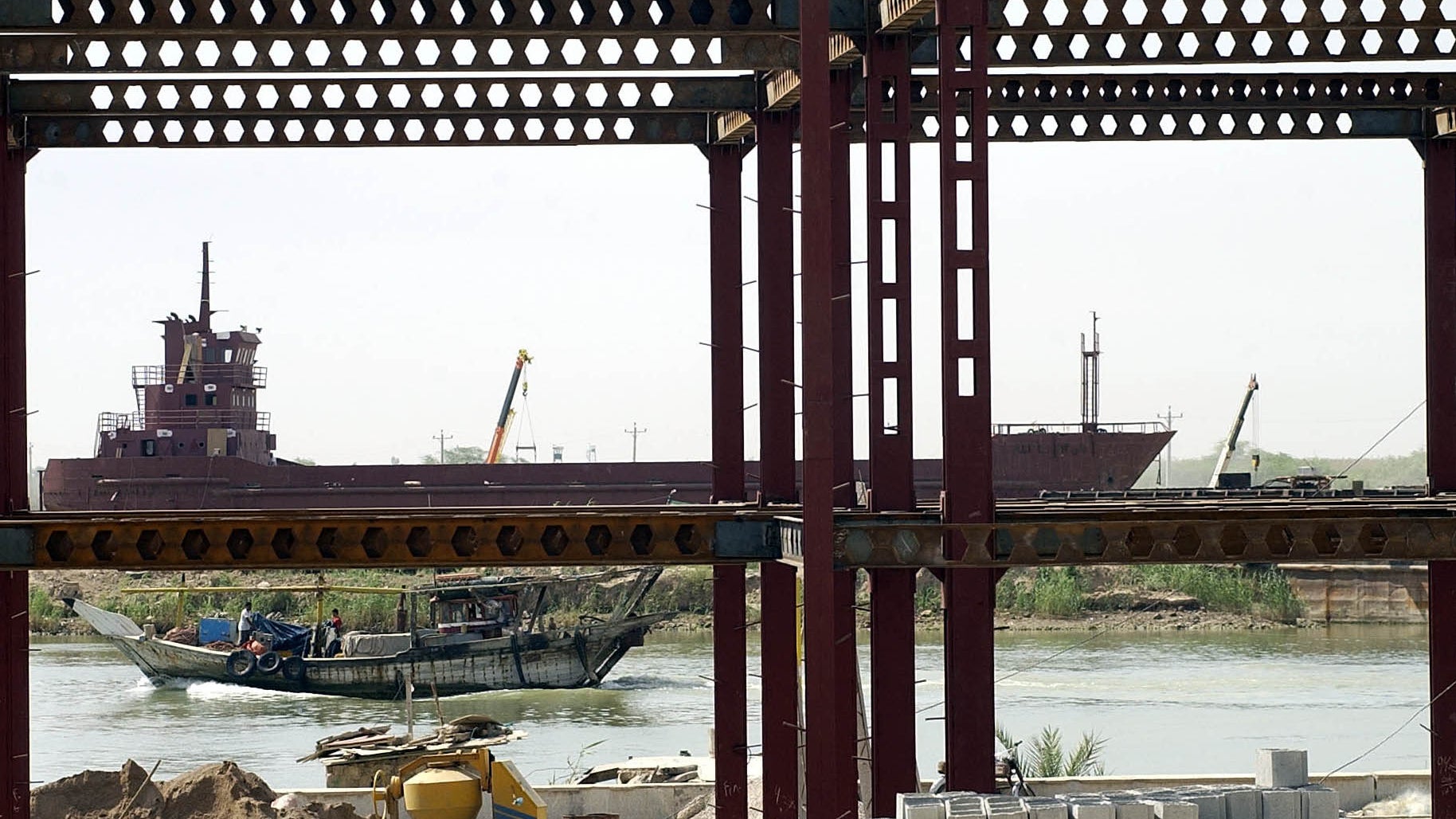US Treasury stuffs shipping giant that funneled tankers to Iran
The US Treasury imposed sanctions today against Greek shipping magnate Dimitris Cambis, president of Impire Shipping Limited, who’s accused of purchasing oil tankers using funds from Iran. He also allegedly concealed the fact that those ships were used to traffic Iranian oil, passing it off as oil from somewhere else in the world. Since the US doesn’t do business with Iran— or anyone who does business with Iran—such actions would clearly be illegal.


The US Treasury imposed sanctions today against Greek shipping magnate Dimitris Cambis, president of Impire Shipping Limited, who’s accused of purchasing oil tankers using funds from Iran. He also allegedly concealed the fact that those ships were used to traffic Iranian oil, passing it off as oil from somewhere else in the world. Since the US doesn’t do business with Iran— or anyone who does business with Iran—such actions would clearly be illegal.
This wasn’t an easy task. Cambis allegedly used eight front companies, which were really financed with money from the National Iranian Tanker Company (NITC), to muddle the trail of the tankers and the oil. One of those companies, called Libra Shipping Limited, was tasked with “cleansing” the oil—getting it to the international oil markets, where it could sell for more money, by hiding the fact that it was actually extracted from Iranian soil.
Cambis’s punishment is pretty harsh. The Treasury barred US citizens from doing any kind of transactions with him and his companies, and blocked them from accessing any assets they have in the US. That effectively bars him from doing business with quite a bit of the shipping world.
This shipping scandal comes on the heels of revelations that HSBC and Standard Chartered—both UK-based banks—had been knowingly laundering money for Iranian financial firms. Both UK banks seem to have earned substantial fees for allowing payments in US dollars to make it back to Iran. Their punishments, however, appear much less severe in comparison: Even HSBC’s record $1.9 billion fine was pretty much a drop in the bucket for the massive bank; in June HSBC had assets of $2.6 trillion. Punishments enforced by the US government did, however, draw outrage from bankers elsewhere in the world; US regulators quoted one Standard Chartered executive as saying, “You fucking Americans. Who are you to tell us, the rest of the world, that we’re not going to deal with Iranians.”
It is also interesting to note that this kind of money-laundering scandal isn’t limited to banks. In the years since the financial crisis, banks have had to cut back on the kinds of investing they can do, and they’ve had to sell off assets that they won. This has fueled a growing shadow-banking sector, managed by hedge funds and non-bank financial institutions, which is subject to fewer regulations. Private equity firms and alternative asset managers have already stepped in to fill the void, particularly in the shipping world. The operation Cambis is accused of running looks like pretty blatant and targeted money-laundering, but future offenders could be bigger non-financial institutions with different interests.